If you have a professional license, whether in accounting, engineering, real estate, or healthcare-related, at some point you may find yourself on the receiving end of a complaint (known in the law as a “Consumer Complaint”) filed with the Office of the Attorney General (“OAG”). The following is a broad overview of the Consumer Complaint process, and raises issues to consider if you ever find yourself having to respond to a consumer complaint.
As background, Indiana law allows people to file what are known as Consumer Complaints against licensed professionals (generally referred to as “licensees”), filed with the OAG. There is no specific limitation to what can be raised in a Consumer Complaint, and the reasons for filing them vary greatly. Among other things, Consumer Complaints raise issues ranging from rude service, billing disputes, suspicion of substance abuse, adverse outcomes, and everything in between.
A Consumer Complaint is not itself a formal disciplinary matter. As its name implies, it is simply a “consumer” raising a complaint against a licensed professional. Once filed, it will trigger an investigation by the OAG, which in turn can lead to several outcomes, including: closure of the investigation; a request for additional information; a warning letter; or the filing of a disciplinary complaint against the licensee. If criminal conduct is uncovered during the OAG’s investigation, it’s also possible the matter could lead to potential criminal prosecution, either through the OAG or outside entity. In short, the consequences of a Consumer Complaint can range from being legally benign, to extraordinarily serious.
If a Consumer Complaint is filed, the OAG will notify the licensee and provide a copy of the Complaint. The licensee will typically be given 20 days to respond, but extensions of time may be requested.
How you respond to a Consumer Complaint will largely depend on the circumstances. A licensee is not required to respond, and there may be rare occasions where not responding or offering minimal response is warranted (for example, if there is a pending criminal investigation). But failing to respond also means the OAG will make its investigative determination without hearing the licensee’s side of the story, which could impact the OAG’s decision. In short, there is no one-size-fits-all approach to responding to a Consumer Complaint.
In order for a Consumer Complaint to escalate to the level of a disciplinary action, the OAG must have reasonable basis to believe there has been a violation of the statutes applicable to the relevant profession. For instance, a healthcare licensee is governed by what is known as the Health Professions Standards of Practice, Indiana Code § 25-1-9 et seq. Commonly charged violations include: criminal convictions bearing on the licensee’s ability to practice competently, or deemed harmful to the public; being unfit to practice due to professional incompetence, failure to keep abreast of current theory, or drug/alcohol abuse; violating any statute or rule governing the profession; discipline in another state; diversion; engaging in sexual contact, or soliciting sexual contact with a patient; among other things.
Yet such disciplinary proceedings aren’t reserved only for the healthcare professions. Accountants, real estate professionals -basically any profession requiring a license- are subject to this same process. If the OAG believes there are reasonable grounds that a licensee violated the professional rules and regulations of his or her profession, a disciplinary complaint may be filed.
A disciplinary complaint is a civil proceeding, meaning there are no criminal penalties. But the process is similar to a criminal proceeding insofar as the State of Indiana (via the OAG) will file a complaint against a licensee that alleges various charges, with the licensee then defending himself or herself against those charges. The applicable licensing board acts in a role similar to both the judge and jury, and will ultimately vote on whether it believes the State proved its charges.
If the State proves any of its charges, then the board must decide an appropriate sanction. These can include: written reprimand; monetary penalty up to $1,000 for each violation; probation; suspension; and license revocation.
In serious cases, the OAG can bypass the usual process (which can take many months to unfold) by seeking expedited discipline through a “summary suspension.” A summary suspension is an emergency remedy that is available if the OAG believes a licensee presents a “clear and immediate danger to the public health and safety” if allowed to continue to practice. Oftentimes licensees are provided very little notice of a summary suspension action, which can carry the significant consequence of an immediate suspension of one’s license.
In short, licensing-related matters can have very real impact on your ability to practice your chosen profession and should be taken seriously at all stages. Your license is valuable. Protect it.
Disclaimer: This article includes general educational information, and should not be relied upon as legal advice for a given circumstance. Different circumstances may warrant different considerations. This article is not intended to create an attorney client relationship with the reader, and if the reader has any questions they should consult an attorney.





